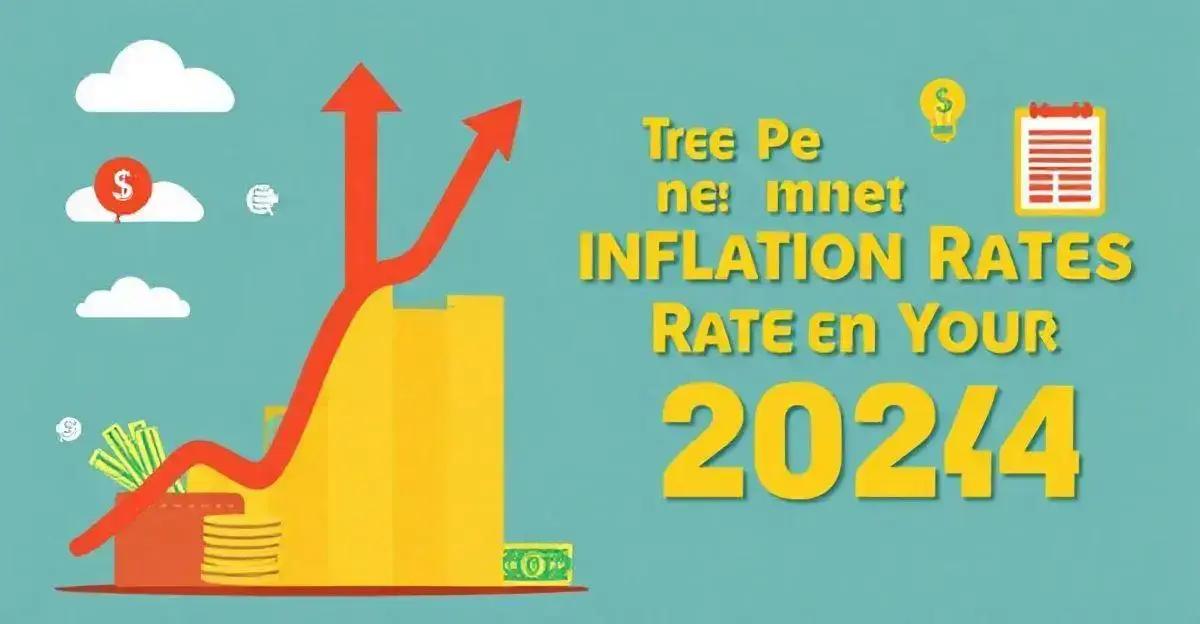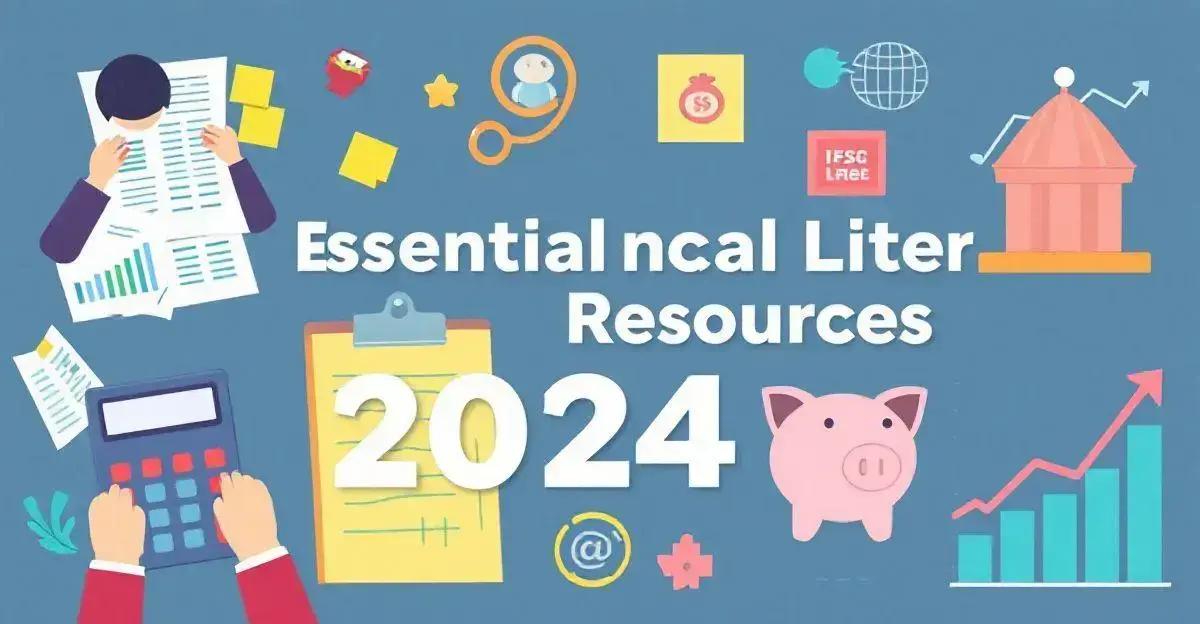In recent months, inflation rates have been making headlines, sparking concerns about the future of our economy.
But what exactly is driving this surge, and how can we prepare for the challenges that lie ahead?
In this post, we’ll delve into the causes of inflation rates, their impact on our finances, and provide strategies for adapting to this new economic reality.
Inflation Rates: What’s Behind the Rise?
The recent surge in inflation rates can be attributed to a combination of factors, including increased demand for goods and services, supply chain disruptions, and monetary policy decisions. The COVID-19 pandemic has also played a significant role in accelerating inflation, as governments have implemented stimulus packages and fiscal policies to support economic recovery. Additionally, the ongoing trade tensions and geopolitical uncertainties have contributed to the rise in commodity prices, further fueling inflation.
As inflation rates continue to rise, it’s essential to understand how this affects your personal finances. Inflation erodes the purchasing power of your money, making it more challenging to achieve long-term financial goals. It’s crucial to adjust your spending habits, investment strategies, and savings plans to keep pace with inflation. Moreover, it’s vital to monitor your budget and adjust your expenses accordingly to maintain a stable financial foundation.
To stay ahead of inflation rates, it’s crucial to develop a comprehensive plan. Start by building an emergency fund to cover 3-6 months of living expenses. Next, review your budget and prioritize essential expenses, such as housing, food, and healthcare. Consider diversifying your investments to reduce exposure to inflationary pressures. Finally, take advantage of tax-advantaged savings vehicles, such as 401(k) or IRA accounts, to grow your wealth over time.
Leading economists and financial institutions have released their inflation rate forecasts, providing insights into the future trajectory of inflation. While there is some uncertainty surrounding the precise path of inflation, most experts agree that it will continue to rise in the short term. However, they also expect inflation to moderate in the long term as the global economy recovers and supply chain disruptions are resolved.
The impact of inflation rates on the global economy is far-reaching, with consequences for trade, commerce, and economic growth. As inflation rises, central banks may implement monetary policy measures to curb inflationary pressures, potentially leading to higher interest rates and reduced economic activity. Moreover, inflation can exacerbate income inequality, as those who own assets, such as real estate or stocks, benefit from inflation, while those who rely on fixed income or savings may be disproportionately affected.
Inflation’s Impact on Your Finances
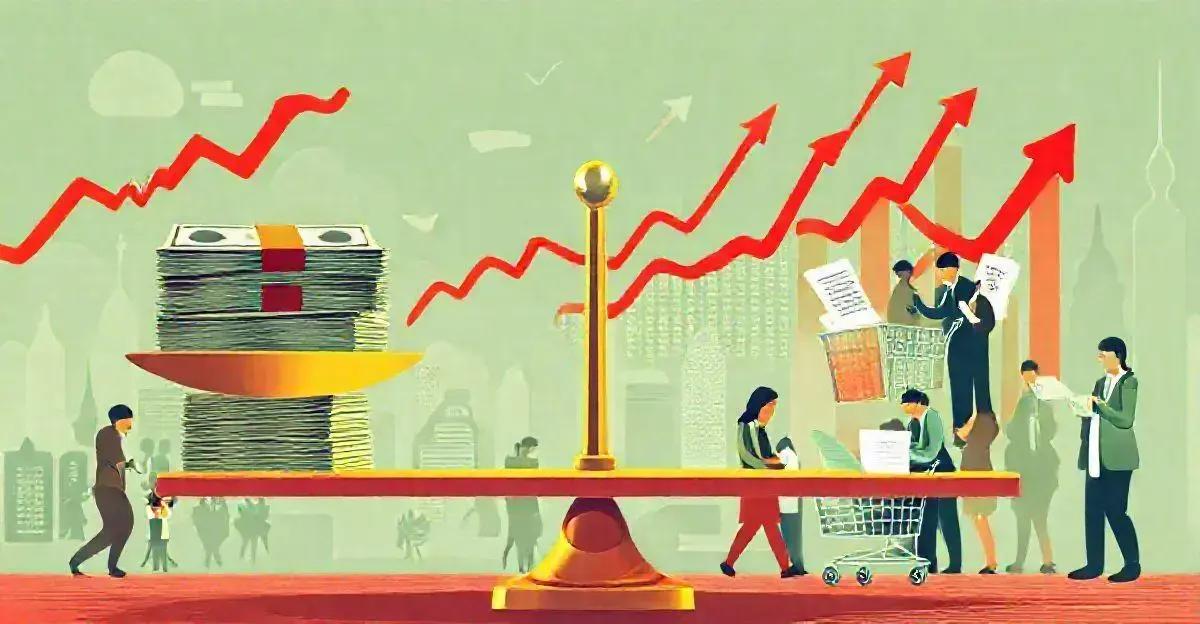
The recent surge in inflation rates can be attributed to a combination of factors, including increased demand for goods and services, supply chain disruptions, and monetary policy decisions. The COVID-19 pandemic has also played a significant role in accelerating inflation, as governments have implemented stimulus packages and fiscal policies to support economic recovery.
As inflation rates continue to rise, it’s essential to understand how this affects your personal finances. Inflation erodes the purchasing power of your money, making it more challenging to achieve long-term financial goals. It’s crucial to adjust your spending habits, investment strategies, and savings plans to keep pace with inflation.
To stay ahead of inflation rates, it’s crucial to develop a comprehensive plan. Start by building an emergency fund to cover 3-6 months of living expenses. Next, review your budget and prioritize essential expenses, such as housing, food, and healthcare. Consider diversifying your investments to reduce exposure to inflationary pressures.
Leading economists and financial institutions have released their inflation rate forecasts, providing insights into the future trajectory of inflation. While there is some uncertainty surrounding the precise path of inflation, most experts agree that it will continue to rise in the short term.
The impact of inflation rates on the global economy is far-reaching, with consequences for trade, commerce, and economic growth. As inflation rises, central banks may implement monetary policy measures to curb inflationary pressures, potentially leading to higher interest rates and reduced economic activity.
Preparing for Inflation: Tips and Strategies
To prepare for inflation, it’s essential to develop a comprehensive plan. Start by building an emergency fund to cover 3-6 months of living expenses.
Next, review your budget and prioritize essential expenses, such as housing, food, and healthcare.
Consider diversifying your investments to reduce exposure to inflationary pressures. Additionally, consider taking advantage of tax-advantaged savings vehicles, such as 401(k) or IRA accounts, to grow your wealth over time.
It’s also important to maintain a flexible spending plan and be prepared to adjust your budget as inflation rates change.
Inflation Rate Forecasts: What to Expect
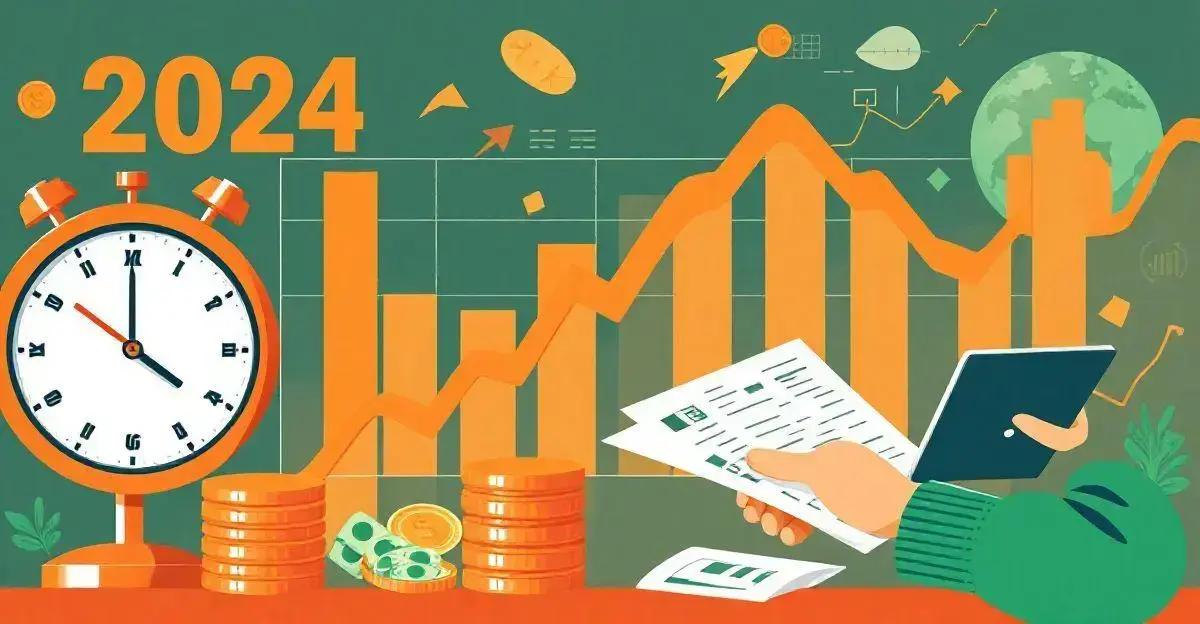
Economists and financial institutions have released their inflation rate forecasts, providing insights into the future trajectory of inflation.
While there is some uncertainty surrounding the precise path of inflation, most experts agree that it will continue to rise in the short term.
The Federal Reserve and other central banks are closely monitoring inflation rates and will adjust monetary policy as needed to keep inflation in check.
The International Monetary Fund (IMF) has also released its own inflation forecast, predicting a moderate increase in inflation rates over the next few years.
As inflation rates continue to rise, it’s essential to stay informed and adjust your financial plans accordingly.
Inflation’s Effects on Global Economy
Inflation’s effects on the global economy are far-reaching, with consequences for trade, commerce, and economic growth.
As inflation rises, central banks may implement monetary policy measures to curb inflationary pressures, potentially leading to higher interest rates and reduced economic activity.
This can have a ripple effect on global trade, as countries with higher interest rates may become less attractive to foreign investors.
Additionally, inflation can exacerbate income inequality, as those who own assets, such as real estate or stocks, benefit from inflation, while those who rely on fixed income or savings may be disproportionately affected.
Conclusion: Staying Ahead of Inflation
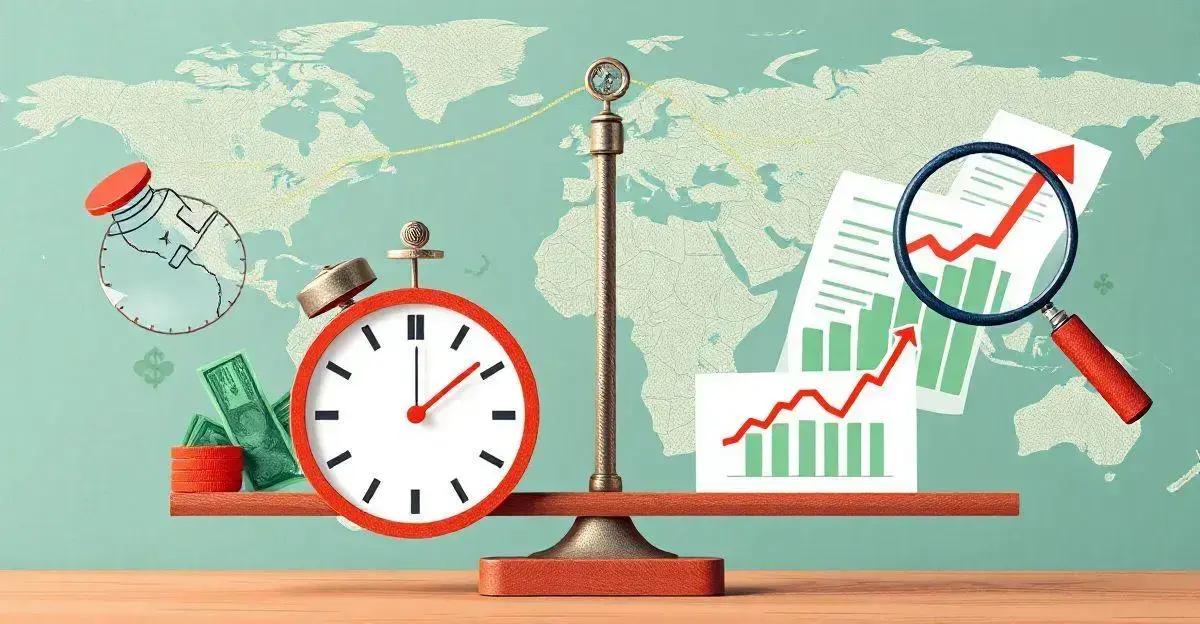
In conclusion, staying ahead of inflation requires a proactive approach to financial management. Understanding the factors that contribute to inflation is crucial for making informed decisions about investments and savings.
Additionally, diversifying your portfolio and considering alternative assets can help mitigate the impact of rising prices. Regularly reviewing your financial strategies and adjusting them as necessary will also play a key role in maintaining your purchasing power.
Ultimately, by being vigilant and adaptable, you can navigate the challenges posed by inflation and secure your financial future.
FAQ – Frequently Asked Questions about Artificial Intelligence in Small Business
How can automation of tasks benefit my small business?
Automation of tasks frees up your team from repetitive tasks, increasing productivity and allowing them to focus on more strategic tasks.
What tools can I use for data analysis?
There are many tools available, such as Google Analytics, Tableau, and Microsoft Power BI, that help collect and interpret valuable data.
What are chatbots and how do they improve customer service?
Chatbots are virtual assistants that can answer questions and resolve problems at any time, improving the customer experience and freeing up your team.
How can I personalize the customer experience?
Through data analysis, you can understand your customers’ preferences and offer personalized recommendations and promotions.
Why is customer feedback important?
Feedback is essential to identify areas that need improvement and adjust your customer service strategy, ensuring customer satisfaction.
Is artificial intelligence accessible to small businesses?
Yes, there are many AI solutions that are accessible and scalable for small businesses to improve efficiency and customer service.

